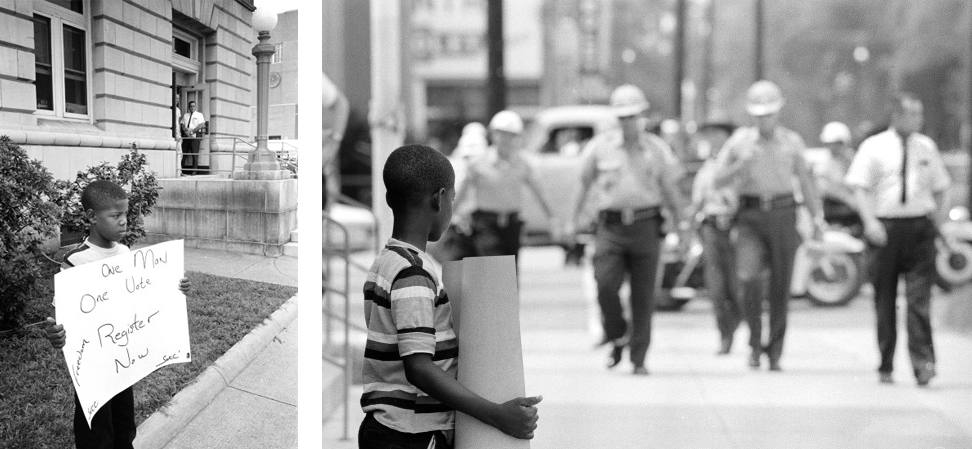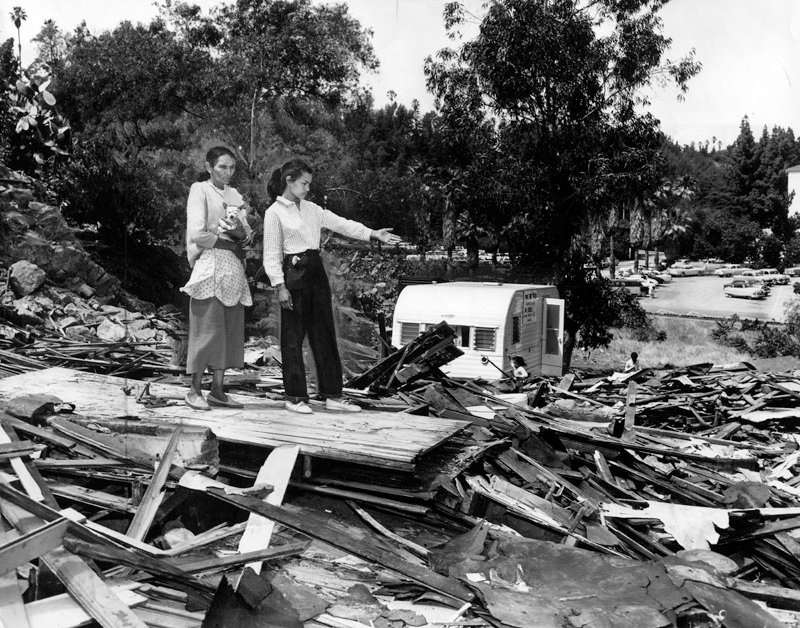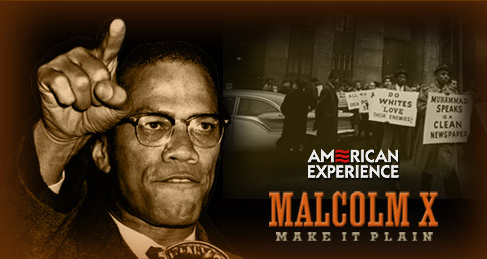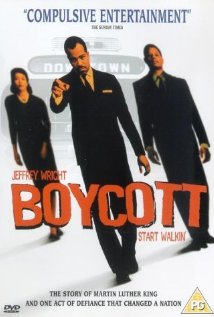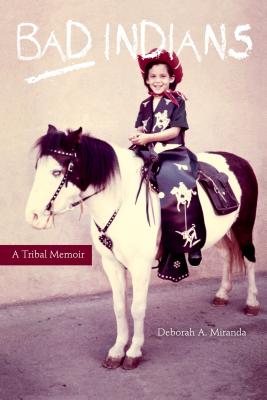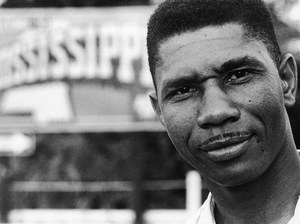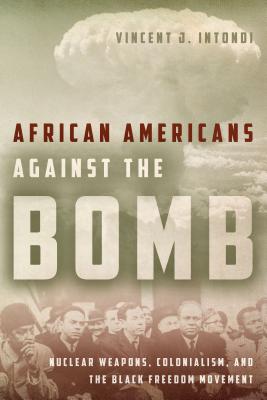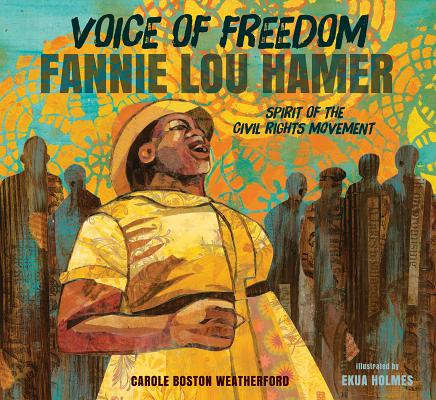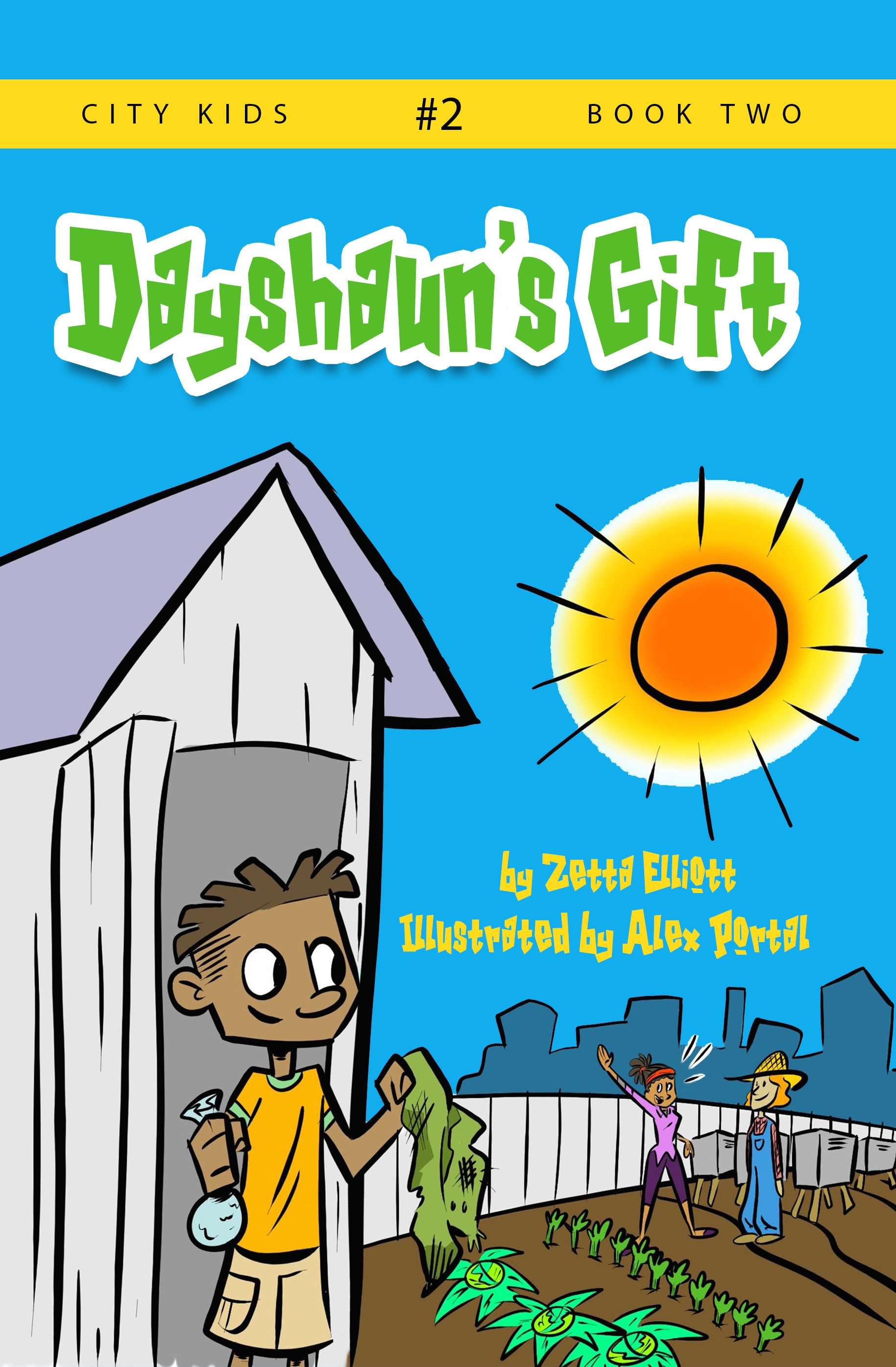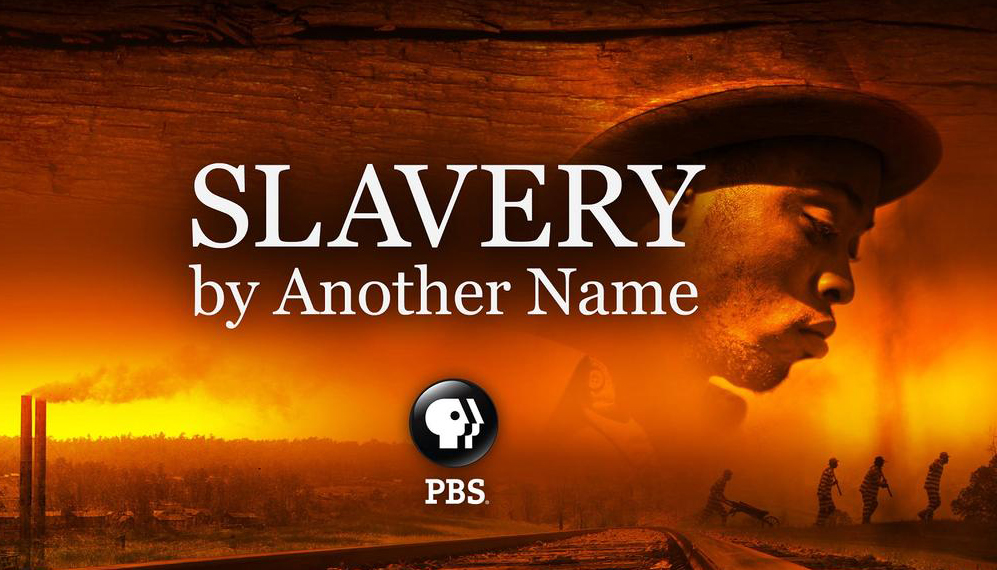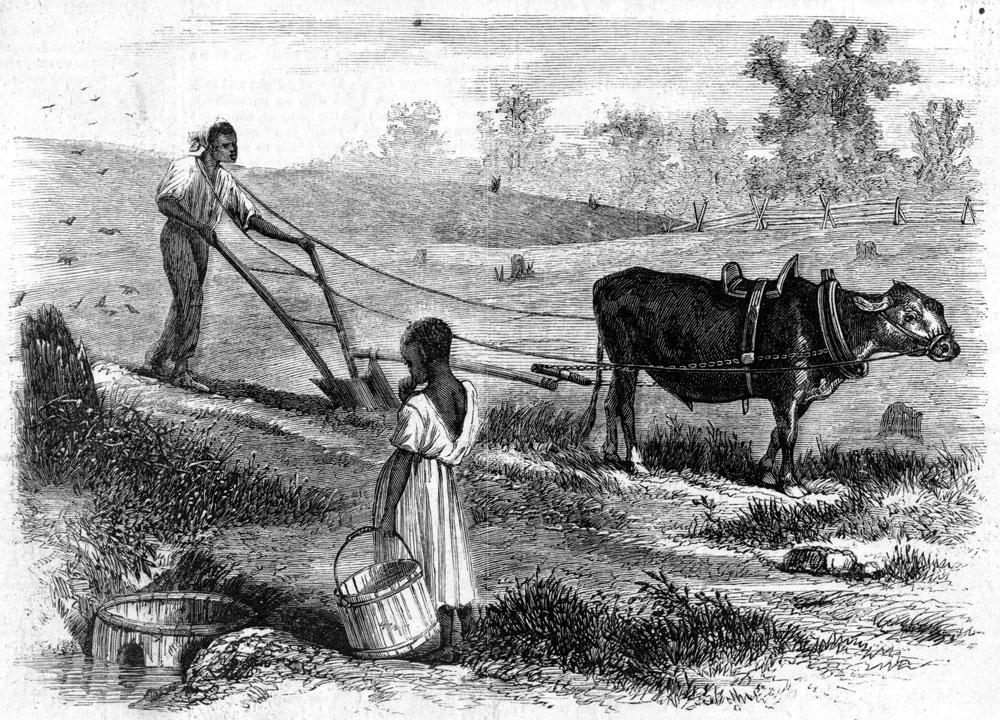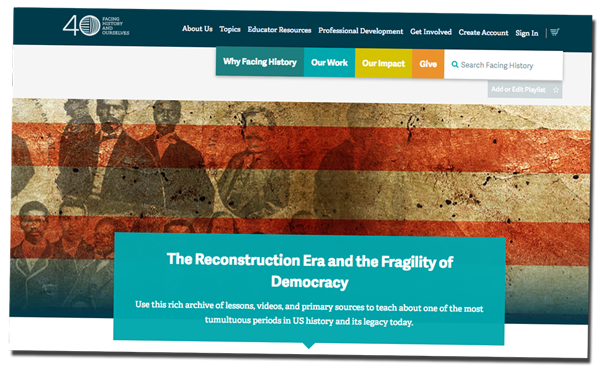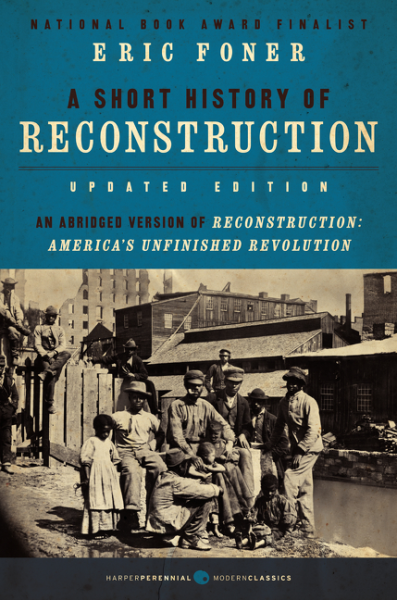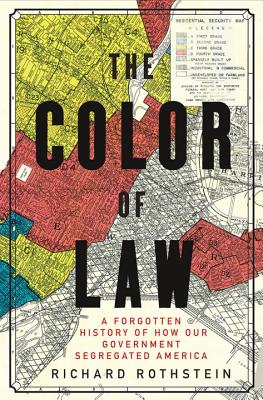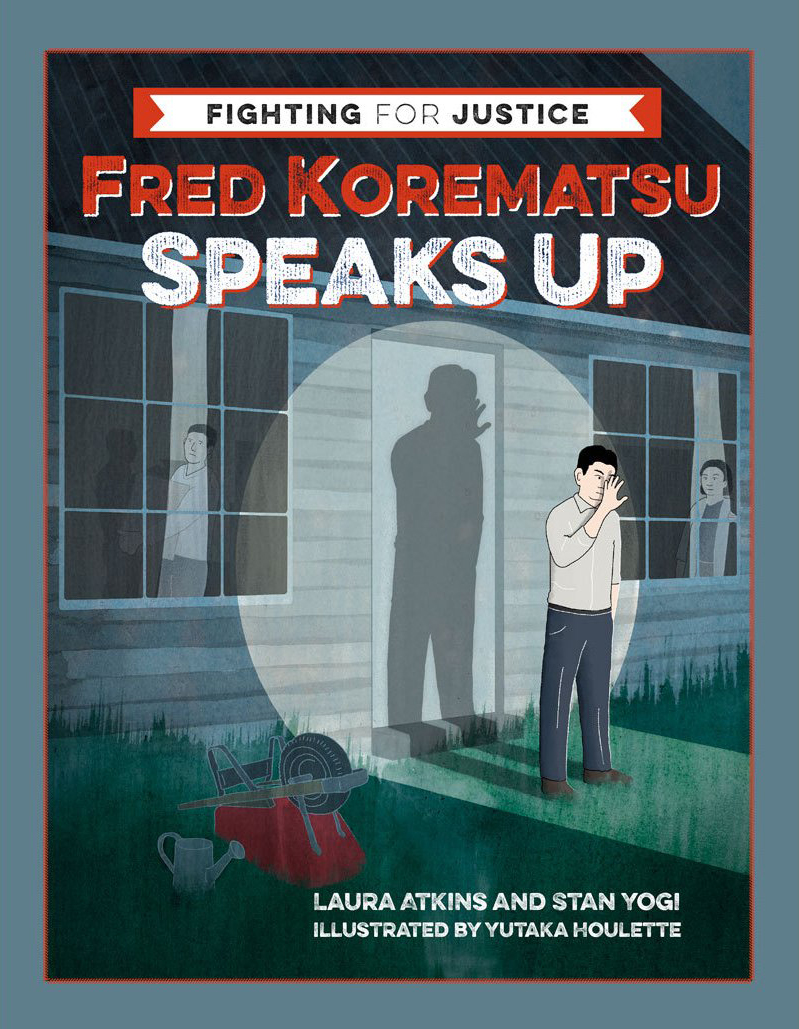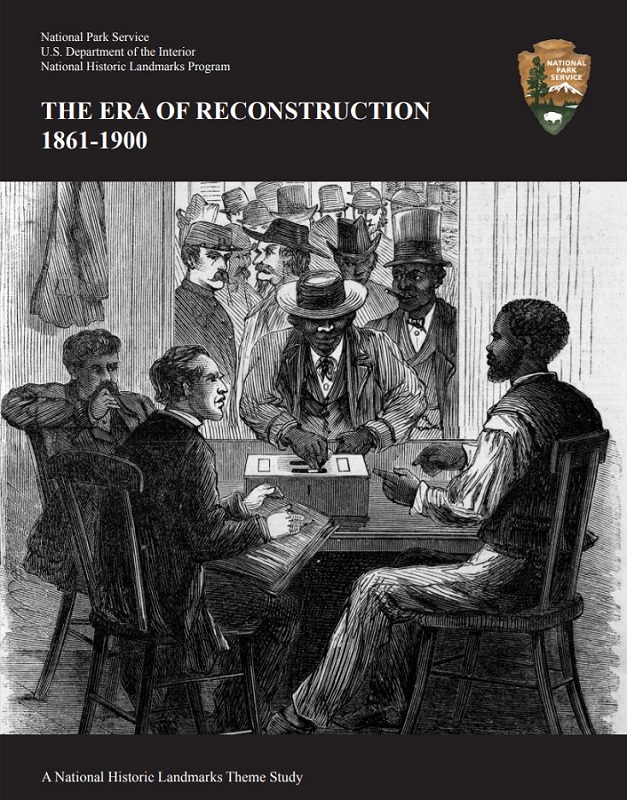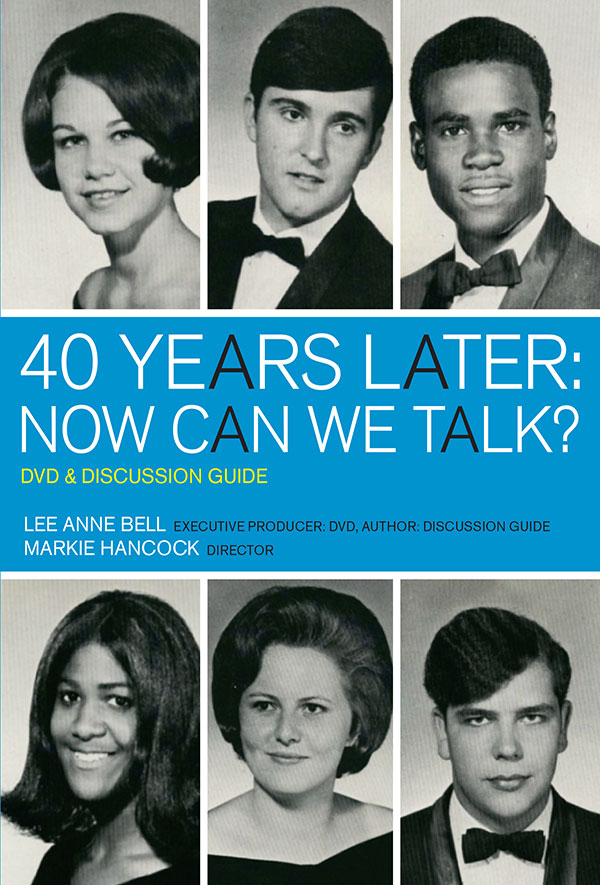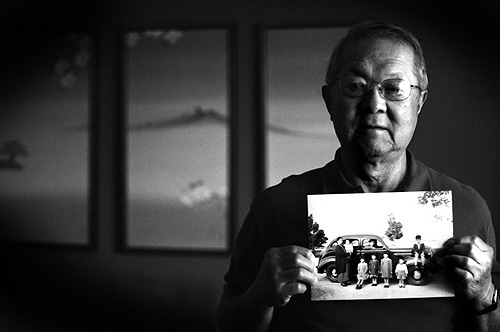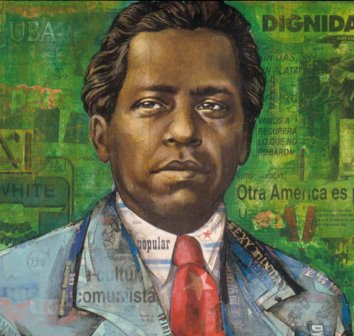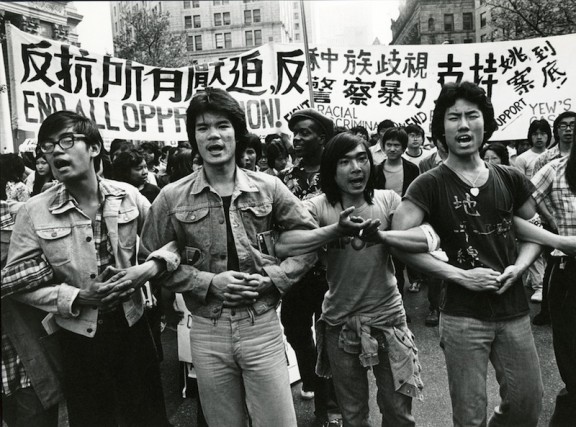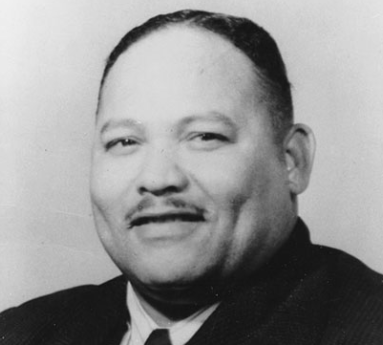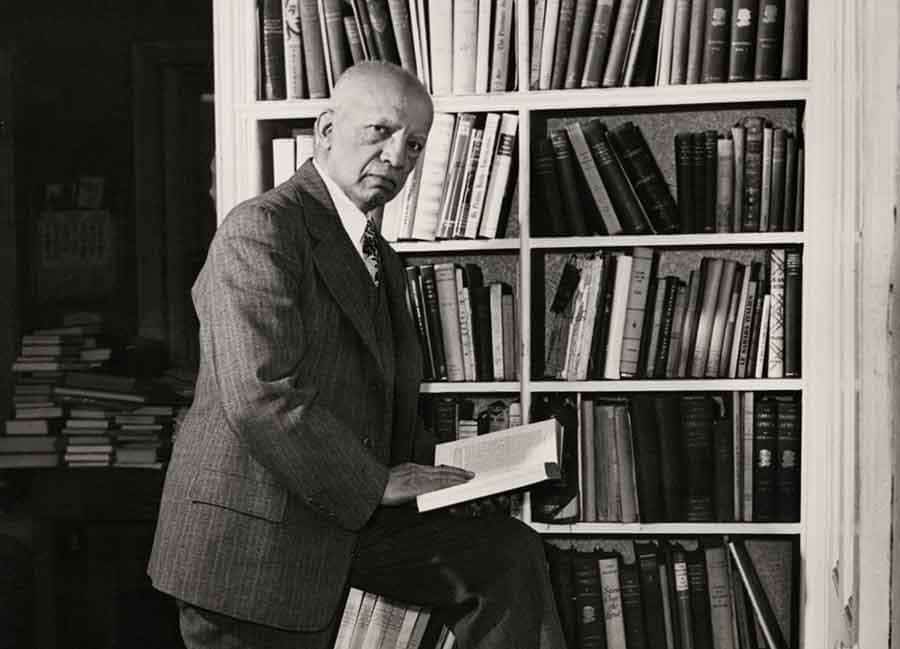Article. By Howard Zinn. Excerpt from Chapter 5 of You Can't Be Neutral on a Moving Train.
Howard Zinn’s first-hand account of Selma’s Freedom Day in 1963.
Continue reading
Teaching Activity. By Linda Christensen. Rethinking Schools. 9 pages.
Teaching about patterns of displacement and wealth inequality through the history of Palo Verde, La Loma, and Bishop communities and the building of Dodger Stadium.
Continue reading
Film. Written by Steve Fayer and Orlando Bagwell. 1994. 138 minutes.
Documentary film on the life and words of Malcolm X/ El-Hajj Malik El-Shabazz.
Continue reading
Book — Non-fiction. Edited by William Sturkey and Jon N. Hale. 2015. 176 pages.
A collection and examination of the creative literary work of students published during 1964 Freedom Summer in Mississippi.
Continue reading
Film. By Clark Johnson. 2001. 120 minutes.
Dramatic account of the Montgomery Bus Boycott.
Continue reading
Book — Non-fiction and prose. Deborah A. Miranda. 2012. 240 pages.
A compilation of documents, photos, and memoir that recounts the establishment of missions in California and the impact on Indigenous people—then and today.
Continue reading
Medgar Evers, WWII veteran and civil rights activist, was murdered by a white supremacist in Jackson, Mississippi.
Continue reading
Article. By Emilye Crosby and Judy Richardson. 2015.
Key points in the history of the 1965 Voting Rights Act missing from most textbooks.
Continue reading
Book — Non-fiction. By Vincent Intondi. 2015. 224 pages.
History of Black activists who fought for nuclear disarmament.
Teaching Activity by Vincent Intondi
Continue reading
Film. Produced by John T. Edge and the Southern Foodways Alliance; directed by Kate Medley.
Five short films that document the civil disobedience staged at segregated lunch counters in the 1950s and 60s.
Continue reading
Picture book. By Carole Boston Weatherford. Illustrated by Ekua Holmes. 2015. 45 pages.
Illustrated biography of Fannie Lou Hamer, activist for voting and economic rights from Mississippi.
Continue reading
Book — Historical fiction. By Zetta Elliott. 2015. 88 pages.
Time travelling historical fiction for upper elementary school students on the New York City Draft Riots.
Continue reading
Film. By Sam Pollard, Catherine Allan, Douglas Blackmon and Sheila Curran Bernard. 2012. 90 minutes.
Reveals the interlocking forces in the South and the North that enabled “neoslavery” post-Emancipation Proclamation.
Continue reading
Lesson. By Bill Bigelow. 17 pages.
This role play engages students in thinking about what freedpeople needed in order to achieve — and sustain — real freedom following the Civil War. It's followed by a chapter from the book Freedom's Unfinished Revolution.
Continue reading
Teaching Guide. By Facing History and Ourselves. 2015.
A collection of lessons, videos, and primary sources to teach about Reconstruction.
Continue reading
Book — Non-fiction. By Eric Foner. 2015. 352 pages.
A people's history view of the Reconstruction era.
Continue reading
Book — Non-fiction. By Richard Rothstein. 2017. 368 pages.
A history of the laws and policy decisions passed by local, state, and federal governments that promoted racial segregation.
Continue reading
Book — Non-fiction. By Laura Atkins and Stan Yogi. Illustrated by Yutaka Houlette. 2017. 112 pages.
Story of Fred Koretmatsu, jailed for resisting internment by the U.S. government during WWII. He took his case to the U.S. Supreme Court twice.
Continue reading
Book — Non-fiction. By National Park Service. 2017. 165 pages.
A theme study on the history of the Reconstruction era.
Continue reading
Film. By Lee Anne Bell and Markie Hancock. 2013. 45 minutes.
This DVD and discussion guide offer a powerful way to engage students, teachers, and community groups in honest dialogue about the ongoing problems of racism and what we can do to address them.
Continue reading
Cuban poet of social protest and a leader of the Afro-Cuban movement, Nicolás Guillén was born.
Continue reading
Virtually every shop and factory in Chinatown was closed, with signs posted windows and on doors reading “Closed to Protest Police Brutality” to protest the beating of Peter Yew.
Continue reading
Rev. George W. Lee, one of the first African Americans registered to vote in Humphreys County since Reconstruction and head of the Belzoni, Mississippi NAACP, was murdered.
Continue reading
Carter G. Woodson initiated the first celebration of Negro History Week which led to Black History Month.
Continue reading

